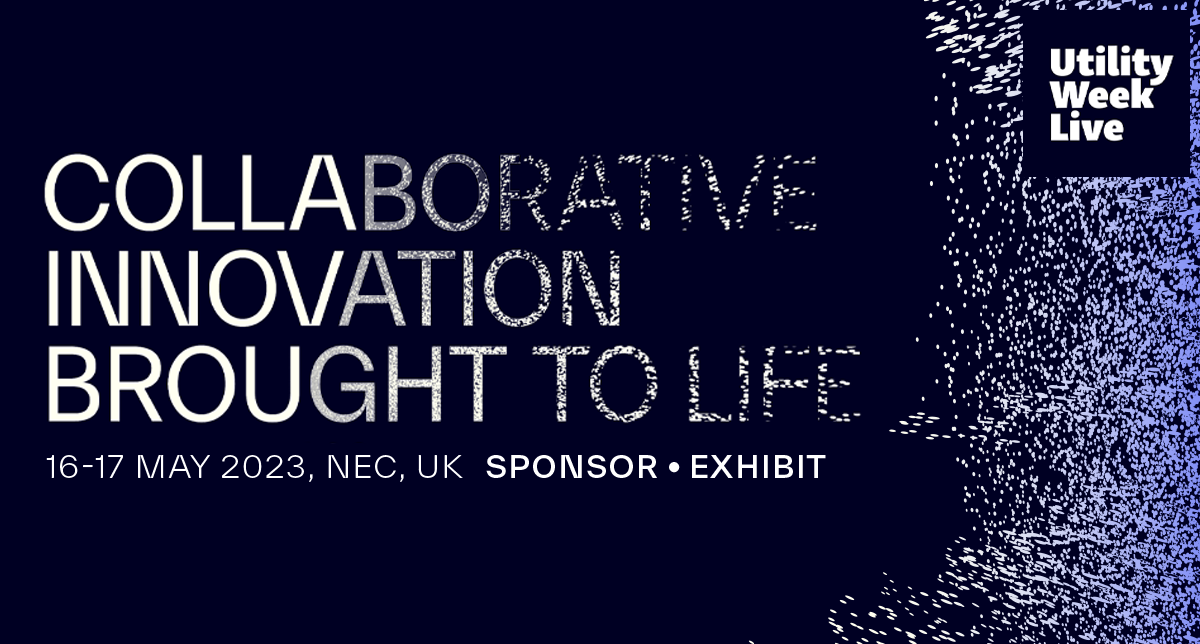You’ve reached your limit!
To continue enjoying Utility Week Innovate, brought to you in association with Utility Week Live or gain unlimited Utility Week site access choose the option that applies to you below:
Register to access Utility Week Innovate
- Get the latest insight on frontline business challenges
- Receive specialist sector newsletters to keep you informed
- Access our Utility Week Innovate content for free
- Join us in bringing collaborative innovation to life at Utility Week Live

Experts exploring measures to support vulnerable customers through the ongoing energy and cost of living crises discuss the heightened engagement levels among those bearing the brunt of fuel poverty and warn that socially minded – “less techy” – innovation shouldn’t be overlooked in reaching them.
As fuel poverty driven by the ongoing energy crisis accelerates at unprecedented speed, the need to innovate to support those facing the most acute vulnerability issues has never been more pressing.
With depravation and debt facing both society’s most vulnerable and those enduring cost of living challenges for the first time intensifying on a near daily basis, Fraser Stewart – just transition lead at energy not-for-profit Regen and a member of the Scottish government’s fuel poverty advisory panel – explained that these issues can be addressed by striving for a fairer and more supportive system.
 “We can shape the energy system in the support we offer people,” he told the Energy Innovation Summit 2022. “At its best, a just transition not only tries not to leave the disadvantaged behind, but puts those people first.”
“We can shape the energy system in the support we offer people,” he told the Energy Innovation Summit 2022. “At its best, a just transition not only tries not to leave the disadvantaged behind, but puts those people first.”
The doubling in energy costs and 150% increase in households enduring fuel poverty have seen Citizens Advice provide emergency support – vouchers to top up prepayment meters and foodbank referrals, for example – to on average two people every minute, senior policy researcher for net zero homes Connie Thorn added.
“This year alone, more people are at risk of disconnecting from prepayment meters because they can’t afford it than in the last three years combined,” she explained. “And we haven’t had winter yet.”
Integrating customers into innovation
Matt Cole, head of the Fuel Bank Foundation – which offers food bank-style provision of electricity and gas – explained that 3,123 people had used its services in the 24 hours prior before the Energy Innovation Summit beginning, around six times demand levels from 2021.
 “Those in fuel crisis – the sharp end of fuel poverty – are the most engaged,” he told delegates. “They know about energy efficiency, but they don’t have the money. A lot of them are really passionate about saving money and the transition but aren’t able to think about the big steps they can take.”
“Those in fuel crisis – the sharp end of fuel poverty – are the most engaged,” he told delegates. “They know about energy efficiency, but they don’t have the money. A lot of them are really passionate about saving money and the transition but aren’t able to think about the big steps they can take.”
With this in mind, Sian Rowlands, innovation and funding manager at Wales and West Utilities, highlighted the importance of integrating consumers into innovation portfolios, and focusing on how firms find vulnerable customers – especially those who don’t consider themselves vulnerable.
As an example, she explained that Wales and West had developed a Vulnerability Impact Assessment tool to use data and research to establish the needs and fuels that each of their communities rely upon and factor relevant support into each project launch.
‘Less techy’ innovation essential
Reiterating that the poorest in society lack funds to invest in new technology and innovation, National Energy Action’s Dr Danielle Butler stressed that more social – “less techy” – innovation providing the most vulnerable with access to support, breathing space, and revolving around more meaningful involvement in communities, shouldn’t be overlooked.
 She explained that energy networks had a key role to play in strengthening their social outreach during the energy transition through enhanced partnership working and establishing closer ties to trusted sources of support and local knowledge within communities in order to better understand granular vulnerability.
She explained that energy networks had a key role to play in strengthening their social outreach during the energy transition through enhanced partnership working and establishing closer ties to trusted sources of support and local knowledge within communities in order to better understand granular vulnerability.
“There’s a real gap in the advice space – what we need is real, tailored information by household type to help people engage in the net zero transition and how they can make the changes they need to,” Citizens Advice’s Thorn added, explaining that there was a pressing need to create greater awareness of emerging low carbon technologies and energy efficiency measures, and innovate to position them as the easy choice for vulnerable consumers.
Fundamentally, Cole challenged innovators to not get too excited about the “next new shiny thing” but focus instead on customer outcomes and finding ways to engage those currently embroiled in fuel poverty. “People don’t always need something new and sexy,” he said.

- Resilience, reliability and collaborative transformation to adopt technology and innovation are among the key themes at the Utility Week Forum, which will take place in London on 8-9 November. Find out more here.
Short, medium and long term innovation
Butler continued that innovation in support of those at the sharp end of the ongoing crises must also span short to medium term measures such as social tariffs, as well as longer term steps including energy efficiency improvement and protection from market volatility.
“Retrofit has to be front and centre,” she added. “There is no way to net zero without going through the doors of all those living in fuel poverty. Innovation is all a waste of time if energy is leaking out of people’s homes”.

Thorn similarly stressed the importance of combining short term support this winter with longer term innovation to transition out of the energy crisis and sustainably reduce people’s bills for good.
“We have some of the worst housing stock and greatest reliance on gas heating in Europe,” she explained, adding that market volatility presented an opportunity to “significantly retrofit” homes across the UK and deliver savings by upgrading EPC ratings.
“Suring up energy security, and making sure we’re less reliant on gas, reduces exposure to market volatility,” Thorn added.
 On top of this, discussing broader, long-term, measures towards a just transition, Thorn explained that innovation in demand flexibility has the potential to not only deliver a net zero system but help people use energy that’s cheapest for them at the right time.
On top of this, discussing broader, long-term, measures towards a just transition, Thorn explained that innovation in demand flexibility has the potential to not only deliver a net zero system but help people use energy that’s cheapest for them at the right time.
“We need to be thinking about all the different types of energy consumers and how they can interact with the market,” she said. “Particularly those with fixed or high energy use – those that rely on medical equipment and families with children for example.
“It’s a great opportunity which we really need to harness – we need to understand how we deliver benefit to those who would benefit the most.”
Butler caveated, however, that given the ever changing nature of the crisis, longer term solutions would need to constantly adapt to new and emerging definitions of vulnerability.
Innovating for a smarter, fairer, system
Amid what she described as “extraordinary times”, Energy UK director Dhara Vyas summarised that simply having more clean energy isn’t enough to get out of the current crises and that both developing a smarter system and introducing demand reduction measures at both home and grid level were crucial.
She said that while improving energy efficiency needed to be a multi-parliament priority and the sector needed to make better use of smart meter data to target health and support, the fuel poor shouldn’t be guinea pigs nor expected to “go last” in terms of new innovation.
 Utility Week Innovate, in collaboration with Utility Week Live aims to discover and promote innovative approaches to tackle front line business challenges through case studies, technical/project studies, networking, and live content. Be recognised as a key solution provider and meet your target audience face-to-face at UWL23. Find out more about exhibiting
Utility Week Innovate, in collaboration with Utility Week Live aims to discover and promote innovative approaches to tackle front line business challenges through case studies, technical/project studies, networking, and live content. Be recognised as a key solution provider and meet your target audience face-to-face at UWL23. Find out more about exhibiting
Please login or Register to leave a comment.